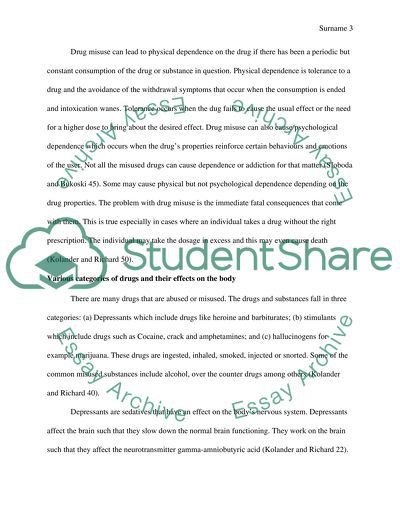Cite this document
(“Effects of Drugs Misuse on the Human Anatomy and Physiology Coursework”, n.d.)
Effects of Drugs Misuse on the Human Anatomy and Physiology Coursework. Retrieved from https://studentshare.org/health-sciences-medicine/1446579-understandinghuman-anatomy-andphsiology
Effects of Drugs Misuse on the Human Anatomy and Physiology Coursework. Retrieved from https://studentshare.org/health-sciences-medicine/1446579-understandinghuman-anatomy-andphsiology
(Effects of Drugs Misuse on the Human Anatomy and Physiology Coursework)
Effects of Drugs Misuse on the Human Anatomy and Physiology Coursework. https://studentshare.org/health-sciences-medicine/1446579-understandinghuman-anatomy-andphsiology.
Effects of Drugs Misuse on the Human Anatomy and Physiology Coursework. https://studentshare.org/health-sciences-medicine/1446579-understandinghuman-anatomy-andphsiology.
“Effects of Drugs Misuse on the Human Anatomy and Physiology Coursework”, n.d. https://studentshare.org/health-sciences-medicine/1446579-understandinghuman-anatomy-andphsiology.


